This FIFA World Cup History feature is part of our build-up to the 2014 edition, which will chart the most special moments from previous tournaments. Today we have a look at the 1982 World Cup. CLICK HERE for the full series.
It’s never a good feeling when your next opponents say that they will dedicate their seventh goal to their wives, and the eighth to their dogs. It gets on your nerves when their coach says that he will jump on the first train back to Munich if his players decided to lose. Then, your captain overhears somebody say that he’ll play with a cigar in his mouth! Ridiculous, right?
But then it’s all worth it you think — when you get that otherworldly feeling of beating the same team.
However, fairytales in sport are often cut short before the ‘happily ever after’. Algeria took the jibes, faced ridicule and exhilarated in their win over mighty West Germany — but before they could realise their potential in the latter stages of the World Cup, they became victims of blatant match-fixing.
While West Germany took the ugly route to the second stage, the Brazilians mesmerised the world with a a style of play that made them look as if they floated on the pitch — it was so fluid that the lack of organisation seemed beautiful. This was a team made of Socrates, Zico, Falcao, Cerezo, Eder, Leandro and Junior among others — all setup in a 4-2-2-2 formation which allowed a creative freedom only paralleled by the great Hungarian team of the 50s.
The story of 1982 is about two teams getting knocked out in such a way that it changed football forever. First, it was Algeria — undone by the riduculous FIFA rule which allowed final group games to be played at different times. It meant that even before taking the field, teams knew the result or the number of goals they needed to progress to the next stage.
Algeria were no lightweights – they were not a team you could play with a cigar in your mouth. 1982 marked 20 years of their independence and the West Germans were in for a shock — they didn’t even expect to sweat and at the end of the game were drenched in embarrassment. Rabah Madjer finished a fine move in the 54th minute to give Algeria the lead before Karl-Heinz Rummenigge equalised in the 67th minute.
What happened next was quite stunning — the Algerians restarted, played nine passes, the last of which ended at Lakhdar Belloumi’s feet to slam into the back of the net. Then they went attack-attack-attack, but the score remained 2-1.
Algeria beat Chile 3-2 in the next match (they had a 3-0 lead and would regret leaking two goals) which meant that a one or two goal win for West Germany against Austria would mean both the European teams would go through, denying Algeria the right to become the first African team to reach the second group stage.
What ensued in the West Germany vs Austria match then was deplorable. The West Germans took the lead in the 10th minute and then nothing happened. No runs, no dribbles, no shots, no attacking moves that would result in a risk or another goal. Both teams, realising a 1-0 win for West Germany would take them through, just sat — making mockery of the game and the World Cup.
A German fan burnt his own flag and Algerians waved notes suggesting a fix — but all the West German manager Jupp Derwall could offer was this: “We wanted to progress, not play football.”
The only consolation for the Algerians was the West Germans protesting against their own team. Their fans protested outside the team hotel (players threw water-bombs from the balcony on these protesters) and former internationals lambasted them in the public, Will Schulz branding them gangsters.
The gangsters made the final, where they met Italy — who had beaten the aforementioned great Brazilian team to get there. Brazil had beaten USSR, Scotland, New Zealand and even their great rivals Argentina without any trouble at all. To see their attacking flair clash against Italy’s cautious unit was touted as the clash of the tournament. However, goals trump everything and Brazil were favourites. But Italy took the lead in the fifth minute and the cat-mouse chase had begun — the cat eventually losing out.
Brazil equalised seven minutes after Paulo Rossi’s first goal and the Italian striker capitalised on a loose pass to restore the lead again before Brazil equalised through Falcao’s stunning drive. It was game on and Brazil should have seen it out with a draw to progress to the semis. But a corner in the 74th minute ensued in a scuffle and Rossi, who was played onside by Junior, found the net for his hat-trick and a win.
For world football, Italy symbolised the system that triumphed over Brazil’s self-expression — something we see today — the system, the formation, the tactics — where great players need to be accommodated rather than have it the other way round.
As for Algeria, their exit was dirty but it allowed them a trip back home with their heads held high. And what they went through changed World Cups forever. FIFA decided that group matches will occur simultaneously from the next edition — that was Algeria’s real victory.
World Cup 1982
Hosts: Spain Winners: Italy (3-1 vs W Germany) Top-scorer: Paolo Rossi (6 goals)
Follow the writer on @TheFalseNo9


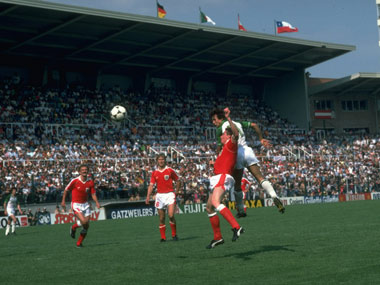)




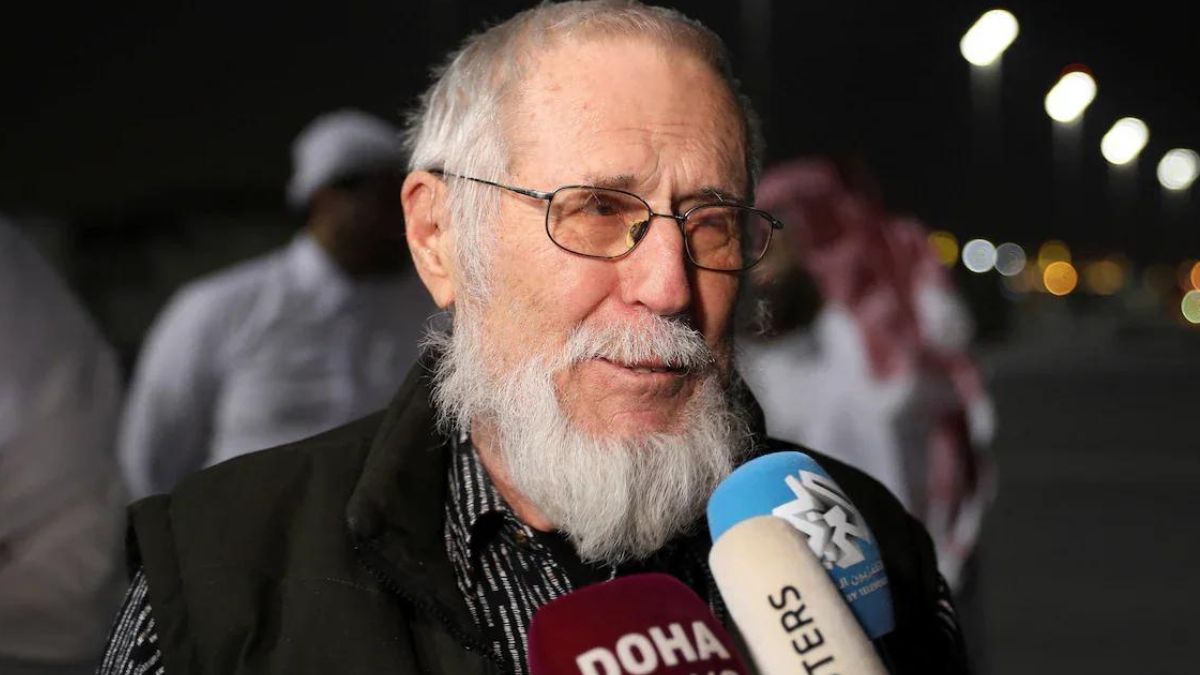)
)
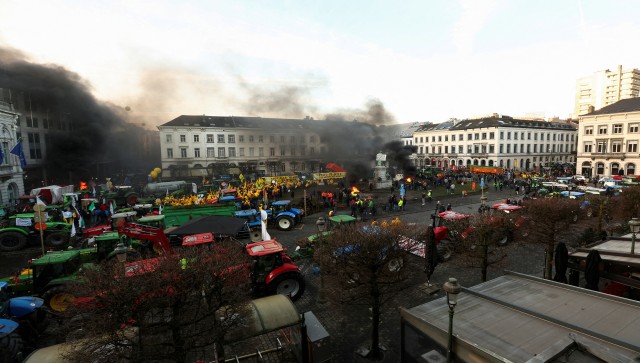)
)
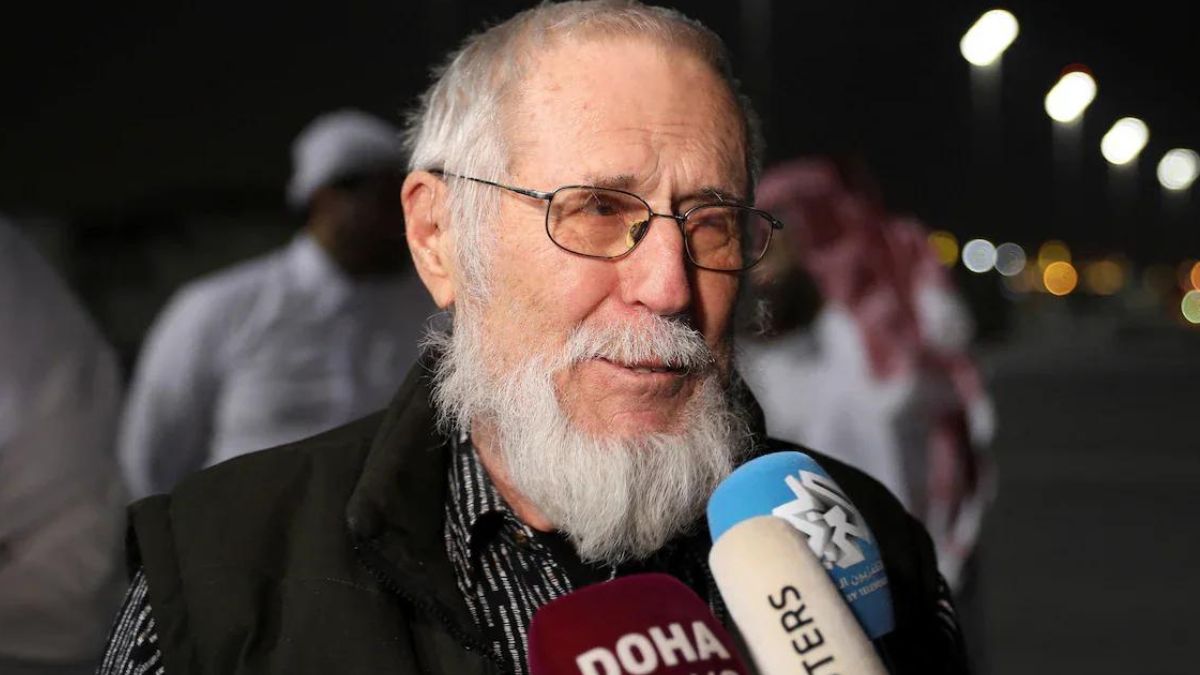)
)
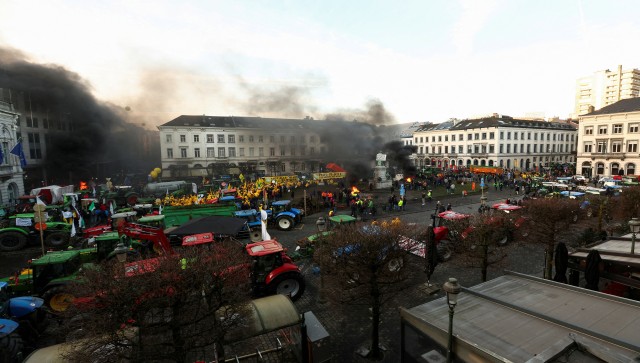)
)